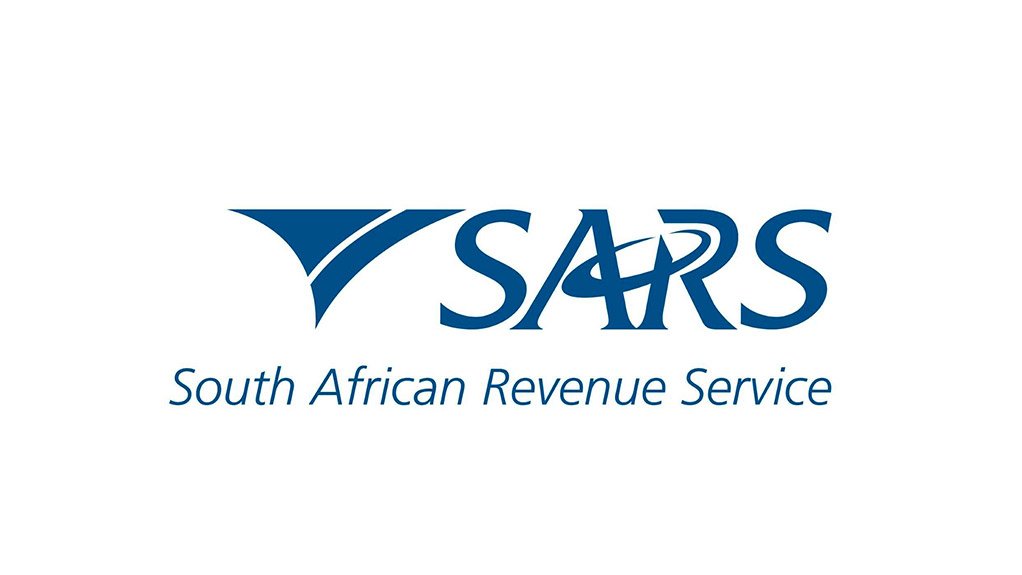The National Treasury has lowered its revenue collection forecast for 2018/19 by R27.4-billion, largely as a result of belated moves by South African Revenue Service (Sars) to address a major backlog value-added tax (VAT) refunds.
The issue of delayed repayments has been a major bone of contention in recent years, with some business people expressing concern that Sars was withholding the refunds in an effort to disguise its declining performance under now suspended commissioner Tom Moyane.
Finance Minister Tito Mboweni said on Wednesday that R20-billion of the R27.4-billion reflected increased VAT refunds, while R7.4-billion reflected lower corporate tax and personal income tax.
"Although some of the VAT refunds reflect one-off payments, we expect revenue shortfalls of R24.7-billion in 2019/20 and R33-billion in 2020/21, relative to the 2018 Budget," the Minister said in his maiden Medium-Term Budget Policy Statement (MTBPS) speech to Parliament.
Speaking at the briefing held as part of the release of the MTBPS, South African Revenue Service (Sars) acting commissioner Mark Kingon said the agency was currently prioritising the payment of refunds and admitted that the slow pace had hurt the cash flows of a number of companies, including small businesses.
In response to questions as to whether the delays were intentional, or the consequence of incompetence at Sars, Kingon said: “Was [what occurred] intentional or not, I think is open for debate. What I can say categorically is that it was not correct and we have to move on from here."
Mboweni said Sars had committed to processing the outstanding VAT refunds as quickly as possible. "We estimate total additional VAT refunds of R20-billion, made up of R11-billion to clear the backlog, and an upward revision of R9-billion for the current fiscal year. We are of the view that this will provide a much-needed boost to the real economy."
The National Treasury indicated that, at this stage, revenue projections assumed no changes to tax rates, but provided for yearly adjustments to personal income tax brackets, levies and excise duties in line with inflation.
Meanwhile, Sars has been allocated R1.4-billion over the medium term for recapitalisation, following "serious governance failures" as found by the commission of inquiry into tax administration and governance.
The governance failures have led to revenue shortfalls. In 2017/18, for the first time since 2008, tax revenue growth did not exceed gross domestic product (GDP) growth. Revenue collections in 2017/18 were R800-million lower than the estimated 2018 Budget.
Revenue shortfalls have widened over the past four years, with under-collections rising from R7.4-billion in 2014//15 to R49-billion in 2017/18.
These shortfalls would have been larger, were it not for increases in personal income, dividend withholding, capital gains and other taxes.
Sars reforms, which include regularising VAT refunds and rebuilding enforcement capacity, are under way.
Despite spending pressures materialising, the expenditure ceiling remains intact as the anchor of fiscal policy. The consolidated budget deficit narrows from 4.2% in 2019/20, to 4% in 2021/22.
Gross debt is expected to stabilise at 59.6% of GDP in 2023/24. Currency depreciation accounts for about 70% of the upward revision to gross loan debt in the current year.
GDP grew by 0.6% in the first half of this year, compared with the same period in 2017. However, on a quarter-on-quarter basis, GDP fell in the first half of the year, leading to a declared technical recession.
The National Treasury forecasts that GDP growth should rise to 1.7% in 2019, 2.1% in 2020 and 2.3% by 2021. Inflation is expected to remain within the 3% to 6% target band over the medium term, despite pressure from a weaker exchange rate and higher oil prices.
EMAIL THIS ARTICLE SAVE THIS ARTICLE ARTICLE ENQUIRY
To subscribe email subscriptions@creamermedia.co.za or click here
To advertise email advertising@creamermedia.co.za or click here











